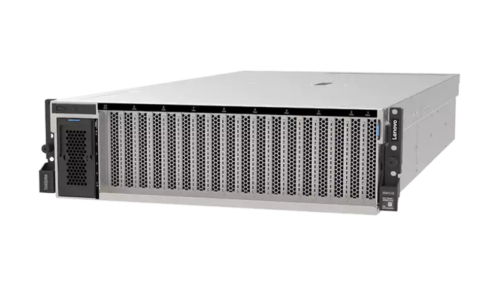
Red Hat has announced the latest version of Red Hat Enterprise Linux AI (RHEL AI), its platform for developing, testing, and running LLMs.
“Building on the success of our initial release of RHEL AI 1.1 on September 5, 2024, this version furthers our commitment to empowering developers, AI engineers and data scientists by lowering the barriers of entry and adoption to enterprise AI. RHEL AI 1.2 brings significant enhancements, allowing organizations to more efficiently fine-tune and deploy LLMs using private, confidential and sovereign data to better align to enterprise use cases,” Tushar Katarki, head of product for GenAI Foundation Model Platforms at Red Hat, wrote in a blog post.
RHEL AI 1.2 adds support for more hardware accelerators, including Lenovo ThinkSystem SR675 V3 servers and AMD Instinct Accelerators (preview). Additionally, the InstructLab CLI now automatically detects the type of hardware accelerator being used and configures the InstructLab pipeline based on it.
This release also introduces periodic checkpointing, which allows long training runs to be saved at regular intervals during fine tuning. This enables users to resume training from a checkpoint rather than having to start over.
Another feature in preview is the ability to use PyTorch Fully Sharded Data Parallel (FSDP) for multi-phase training. By sharding a model’s parameters, gradients, and optimizer states across parallel workers, users can significantly reduce training times, according to Red Hat.
And finally, with this release, RHEL AI is also now available on both Microsoft Azure and Google Cloud Platform (GCP).
RHEL AI 1.2 is now generally available, and RHEL AI 1.1 will be deprecated in 30 days, according to the company.








